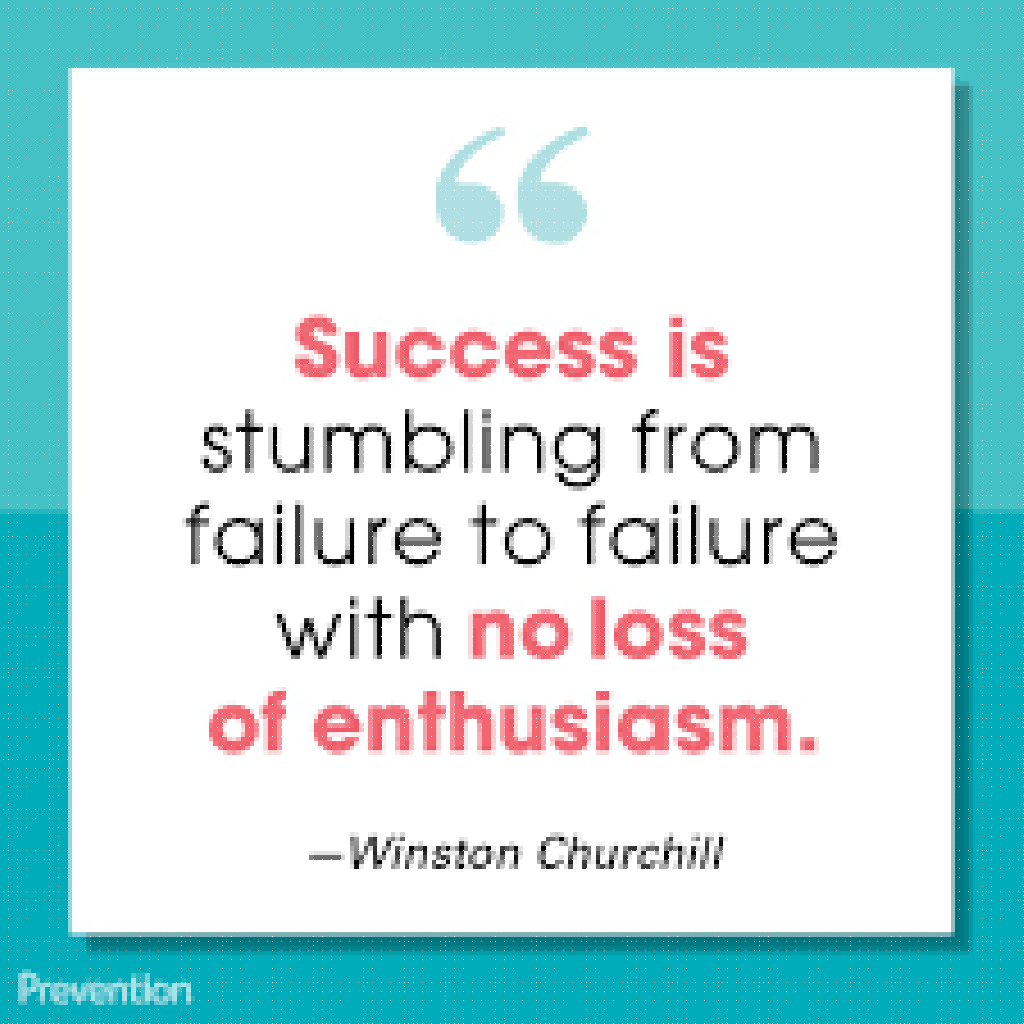Key Takeaways:
- Understanding the importance of a clear strategic vision is crucial for entrepreneurial success and effective leadership.
- A well-defined customer value proposition can significantly enhance customer satisfaction and drive business growth.
In the dynamic world of entrepreneurship, balancing risk and reward is a pivotal skill that can ultimately dictate the success of a business venture. Each entrepreneurial journey is marked by decisions that weigh potential rewards against inherent risks. Understanding these risks and devising strategic responses is essential for new and experienced entrepreneurs alike. This article delves into effective ways to manage such risks while fostering a visionary perspective that leads to success.
What Does Balanced Risk Management Mean for Entrepreneurs?
Balancing risk and reward involves evaluating both the potential successes and failures associated with a specific decision or action within the business. Entrepreneurs often face uncertainties in their market predictions, competitive landscapes, and customer behaviors. Thus, risk management becomes paramount in ensuring that the business can adapt and thrive amidst evolving circumstances.
Entrepreneurs can begin by identifying the different types of risks prevalent in their industry—these could range from financial and operational risks to market and reputational risks. Once these risks are acknowledged, they can employ various strategies to mitigate adverse effects. Strategies might include diversification of products, market research, or engaging in scenario planning to foresee potential challenges.
How Can Leaders Build a Strong Strategic Vision?
A strategic vision serves as a compass for entrepreneurs, guiding their actions and decisions over time. A clear and powerful vision aligns the team and stakeholders with the business’s ultimate goals, which promotes momentum and cohesion toward pursuing entrepreneurial objectives.
To cultivate a strategic vision, entrepreneurs should engage in introspective analysis about the purpose of their business and the impact they wish to make. Building a vision requires exploring personal values, customer needs, and industry trends. This reflective process leads to a strong foundation that supports long-term strategies, offering a clearer path to navigate challenges as they arise.
Moreover, great leaders embody their vision through effective communication. They need to regularly articulate current objectives and how they relate to the overarching vision, fostering an environment of collective purpose. Keeping all team members informed ensures that everyone is contributing towards common goals, thereby enhancing productivity.
Developing Risk Management Skills: What You Need to Know
Effective risk management is not a one-time process but rather an ongoing commitment. Entrepreneurs must continuously educate themselves in various risk management techniques. Engaging in workshops, study groups, or mentorship programs can facilitate this knowledge transfer.
Understanding financial metrics, market signals, and qualitative insights allows entrepreneurs to make data-driven decisions. For instance, implementing Key Performance Indicators (KPIs) can help measure business performance and identify areas needing attention. This measure might include customer acquisition costs, sales growth rate, and customer satisfaction scores, each serving as vital signals for strategic adjustments.
The Impact of Customer Value Propositions on Business Strategy
A clear customer value proposition (CVP) is a vital component of an entrepreneur’s strategic management. This statement within the business plan outlines why customers should choose your product or service over others. Crafting an effective CVP requires deep insight into both the market and customers. By understanding customer preferences and pain points, entrepreneurs can create tailored solutions, thereby enhancing customer satisfaction and loyalty.
Entrepreneurs should continuously test and refine their CVPs through feedback loops, surveys, and customer interviews. Doing so enables them to adapt their value propositions in line with evolving market demands. As the market fluctuates, the ability to innovate and pivot toward effective solutions showcases adept risk management.
Conclusion: Fusing Vision with Strategic Risk Management
In conclusion, balancing risk and reward within an entrepreneurial context requires a comprehensive understanding of both strategic vision and effective risk management. Cultivating a clear vision influences decision-making and guides the overall direction of the company, while proficient risk management skills empower entrepreneurs to respond to challenges with agility. Therefore, taking initiative to hone both capabilities ensures robust business strategies that pave the way for sustainable growth and success.
By approaching risk with an informed mindset and a strong vision, entrepreneurs can not only survive but thrive in the competitive landscape of business. As you embark on your entrepreneurial journey, it’s time to embrace the dance between planning your vision and managing your risks effectively.











